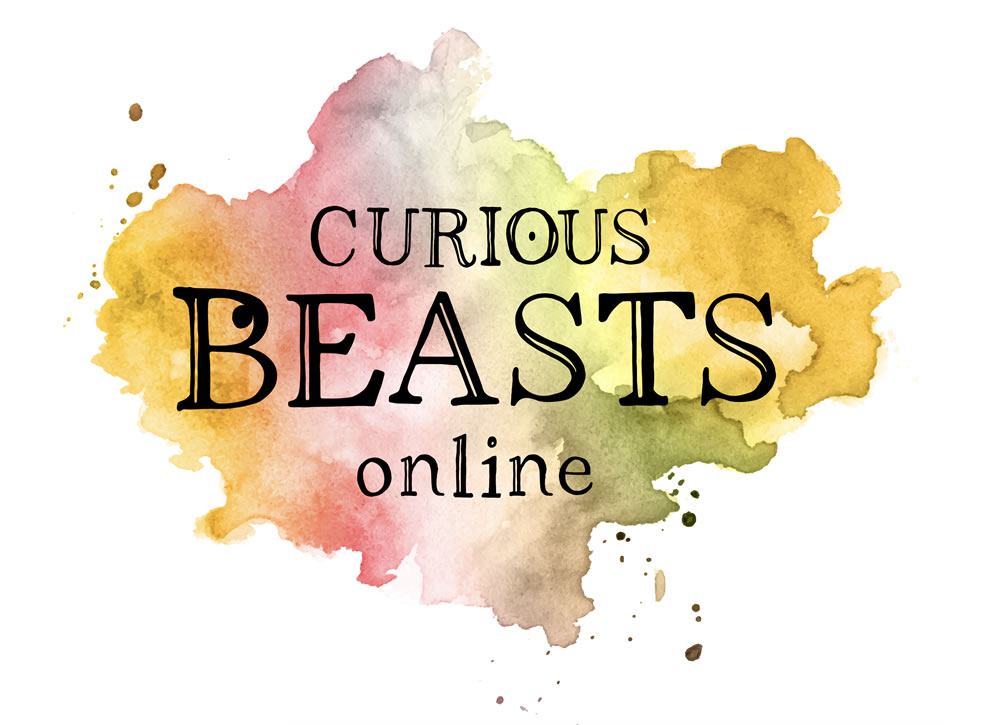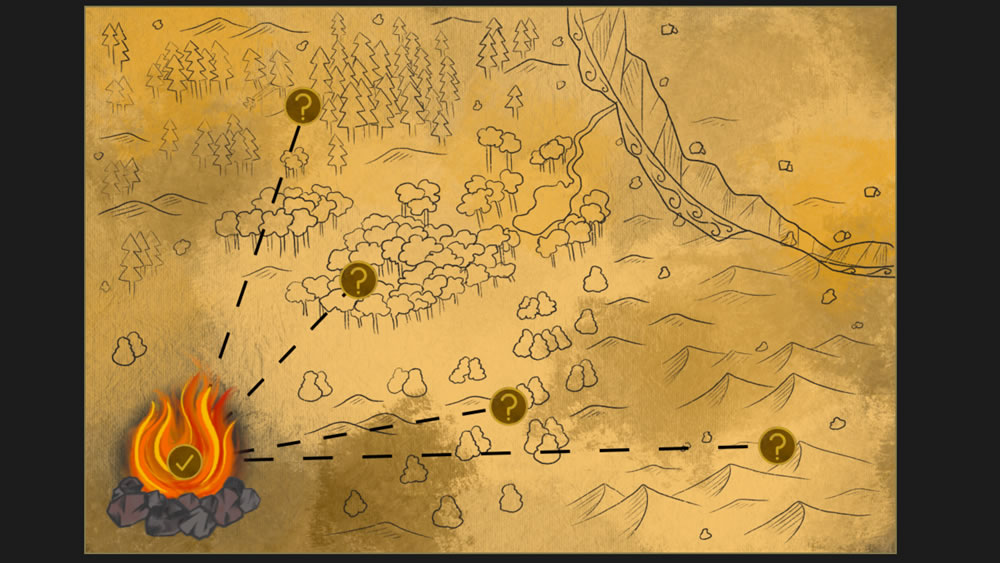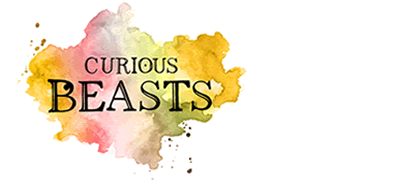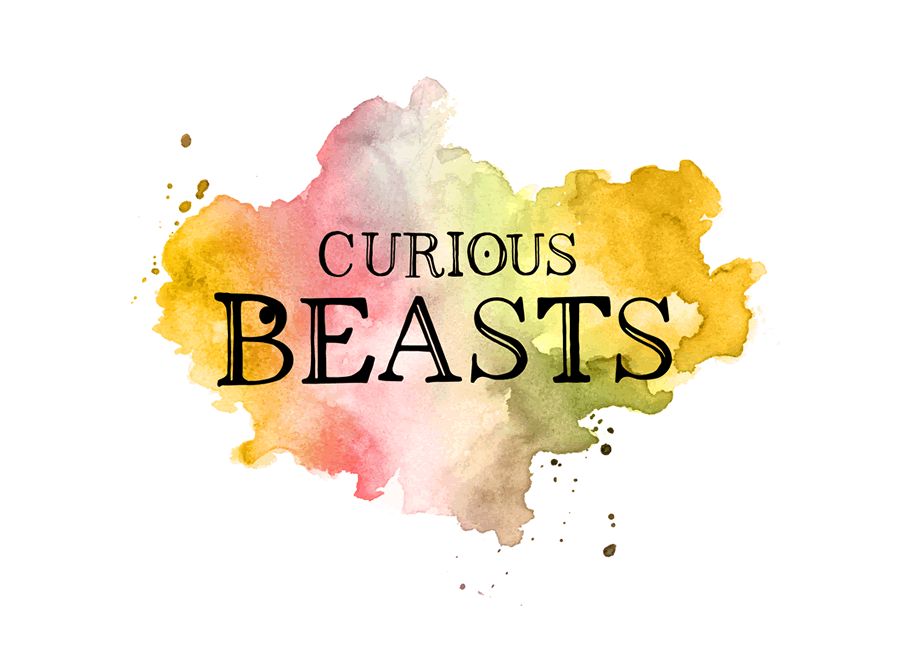EXPLORING FEELINGS AND EMOTIONS THROUGH PUPPETRY

The need for an Online Digital Adventure
In the new COVID world we are all facing a profound challenge to meet the emotional health needs of children. This not only affects children’s well-being but their ability to learn and their attainment at school. Many schools are finding that their children are anxious and worried by the difficult times we find ourselves in. We know that they find it easy to relate to the puppets; this helps them to talk about their own needs.
Our response
In response to this challenge we have developed an ONLINE DIGITAL ADVENTURE called Curious Beasts that uses the creative and expressive potential of puppets to open up the world of feelings and emotions.
The benefits and impact
Through the programme, we aim to help nurture more self-aware, confident children who are more able to deal with the anxieties and worries that present themselves at this time. Schools will also benefit from Curious Beasts through having access to specific and measurable outcomes, useful data and healthier, happier children who are more successful learners.



How does Curious Beasts work?
1: Puppet Workshop
Online Digital Adventure
The puppets have each been designed to represent one area of social and emotional wellbeing. The children find it easy to relate to the puppets and this helps them to identify their own needs.
2: Children’s Needs Assessed
The Strengths and Difficulties Questionnaire (SDQ) approach is used to assess children’s social and emotional needs.
3: Nurture Groups
Nurture groups held at school for selected children help small groups of children talk about their feelings and emotions. Practitioners use social stories to help the children develop emotional literacy.
4: Family Support
The family support stage helps each child’s family engage with Curious Beasts and become comfortable talking about feelings and emotions.
Key elements of the SDQ are woven through the adventure as the children answer questions to entice the puppets to appear in video clips embedded in the programming. The questions and the Curious Beasts’ behaviours mirror the five aspects of emotional wellbeing that are explored in the SDQ. By working through the adventure, we are able to collect reliable data from the children taking part without them being under any pressure or even knowing that they are answering meaningful, and often difficult, questions from the SDQ. Using the collected data, we are then able to identify their strengths and difficulties.
Using these results, alongside data collected from their teachers, we are able to identify those children who could benefit from the additional support included in the nurture sessions. The nurture groups are led by our practitioners who have expertise in teaching and counselling. They help children talk about their feelings and emotions and explore strategies and ways forward. Practitioners use animated social stories that relate back to the puppets the children met in the original adventure programme to help them develop their emotional literacy. We have our own COVID risk assessments but will work with schools to ensure nurture sessions are safe for staff and children.
We have additional family resources that we can support parents in using with their children in their own homes. We will work with schools to ensure that families can access these resources safely.
To find out more and/or participate in the project email: curiousbeasts@northeastwellbeing.co.uk








